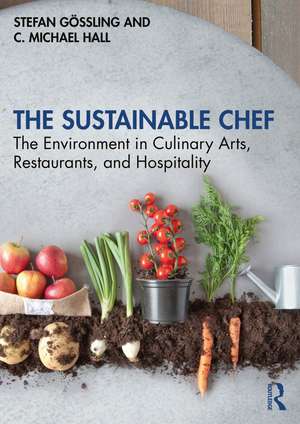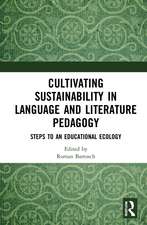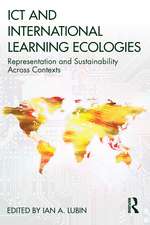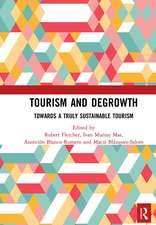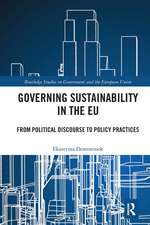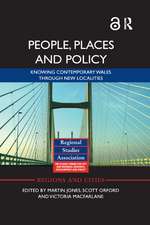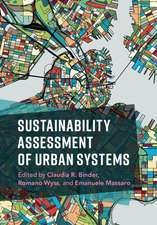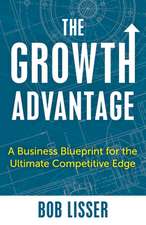The Sustainable Chef: The Environment in Culinary Arts, Restaurants, and Hospitality
Autor Stefan Gössling, C. Michael Hallen Limba Engleză Paperback – 10 dec 2021
This book provides the first systematic and accessible text for students of hospitality and the culinary arts that directly addresses how more sustainable restaurants and commercial food services can be achieved.
Food systems receive growing attention because they link various sustainability dimensions. Restaurants are at the heart of these developments, and their decisions to purchase regional foods, or to prepare menus that are healthier and less environmentally problematic, have great influence on food production processes. This book is systematically designed around understanding the inputs and outputs of the commercial kitchen as well as what happens in the restaurant from the perspective of operators, staff and the consumer. The book considers different management approaches and further looks at the role of restaurants, chefs and staff in the wider community and the positive contributions that commercial kitchens can make to promoting sustainable food ways.
Case studies from all over the world illustrate the tools and techniques helping to meet environmental and economic bottom lines. This will be essential reading for all students of hospitality and the culinary arts.
Preț: 282.48 lei
Nou
54.05€ • 57.80$ • 45.07£
Carte disponibilă
Livrare economică 27 martie-10 aprilie
Livrare express 12-18 martie pentru 37.02 lei
Specificații
ISBN-10: 1138733733
Pagini: 344
Ilustrații: 57 Tables, black and white; 21 Line drawings, black and white; 21 Illustrations, black and white
Dimensiuni: 174 x 246 x 24 mm
Greutate: 0.57 kg
Ediția:1
Editura: Taylor & Francis
Colecția Routledge
Locul publicării:Oxford, United Kingdom
Public țintă
UndergraduateNotă biografică
C. Michael Hall is a Professor in the Department of Management, Marketing and Entrepreneurship, University of Canterbury, New Zealand, Docent in Geography, University of Oulu, Finland, a Visiting Professor in Tourism at Linnaeus University, Sweden, and a Guest Professor in the Department of Service Management and Service Studies, Lund University, Sweden, and the Department of Food, Nutrition and Culinary Science, Umea University, Sweden. He has written widely on tourism, regional development, policy, World Heritage, global environmental change and food, as well as growing tree crops on his family’s regenerative farming property.
Cuprins
Descriere
This book provides the first systematic and accessible text for students of hospitality and the culinary arts that directly addresses how more sustainable restaurants and commercial food services can be achieved.
Food systems receive growing attention because they link various sustainability dimensions. Restaurants are at the heart of these developments, and their decisions to purchase regional foods, or to prepare menus that are healthier and less environmentally problematic, have great influence on food production processes. This book is systematically designed around understanding the inputs and outputs of the commercial kitchen as well as what happens in the restaurant from the perspective of operators, staff and the consumer. The book considers different management approaches and further looks at the role of restaurants, chefs and staff in the wider community and the positive contributions that commercial kitchens can make to promoting sustainable food ways.
Case studies from all over the world illustrate the tools and techniques helping to meet environmental and economic bottom lines. This will be essential reading for all students of hospitality and the culinary arts.
